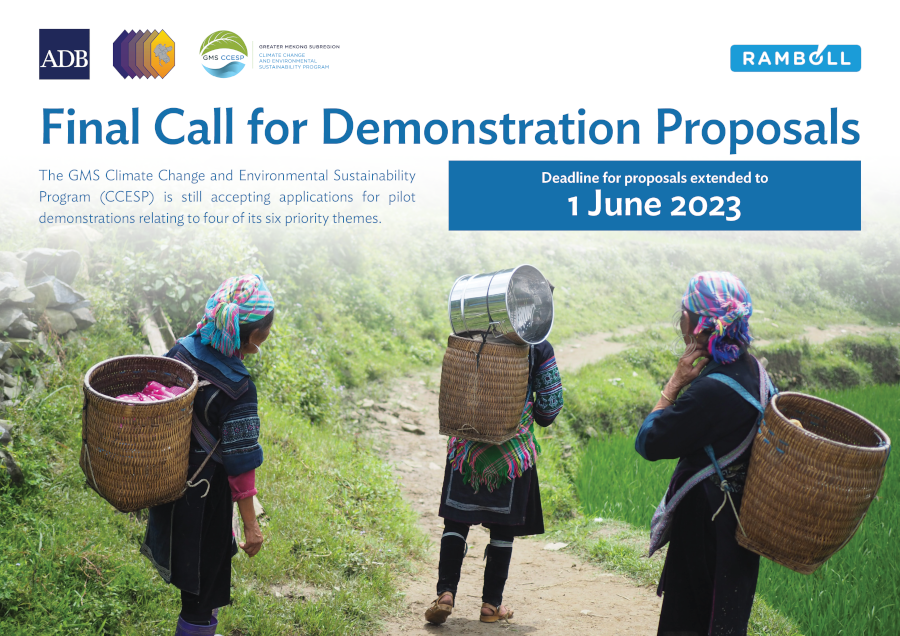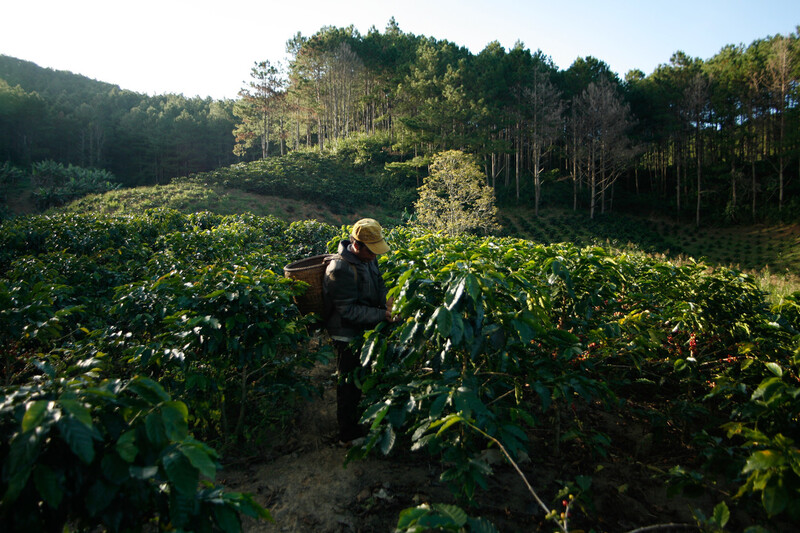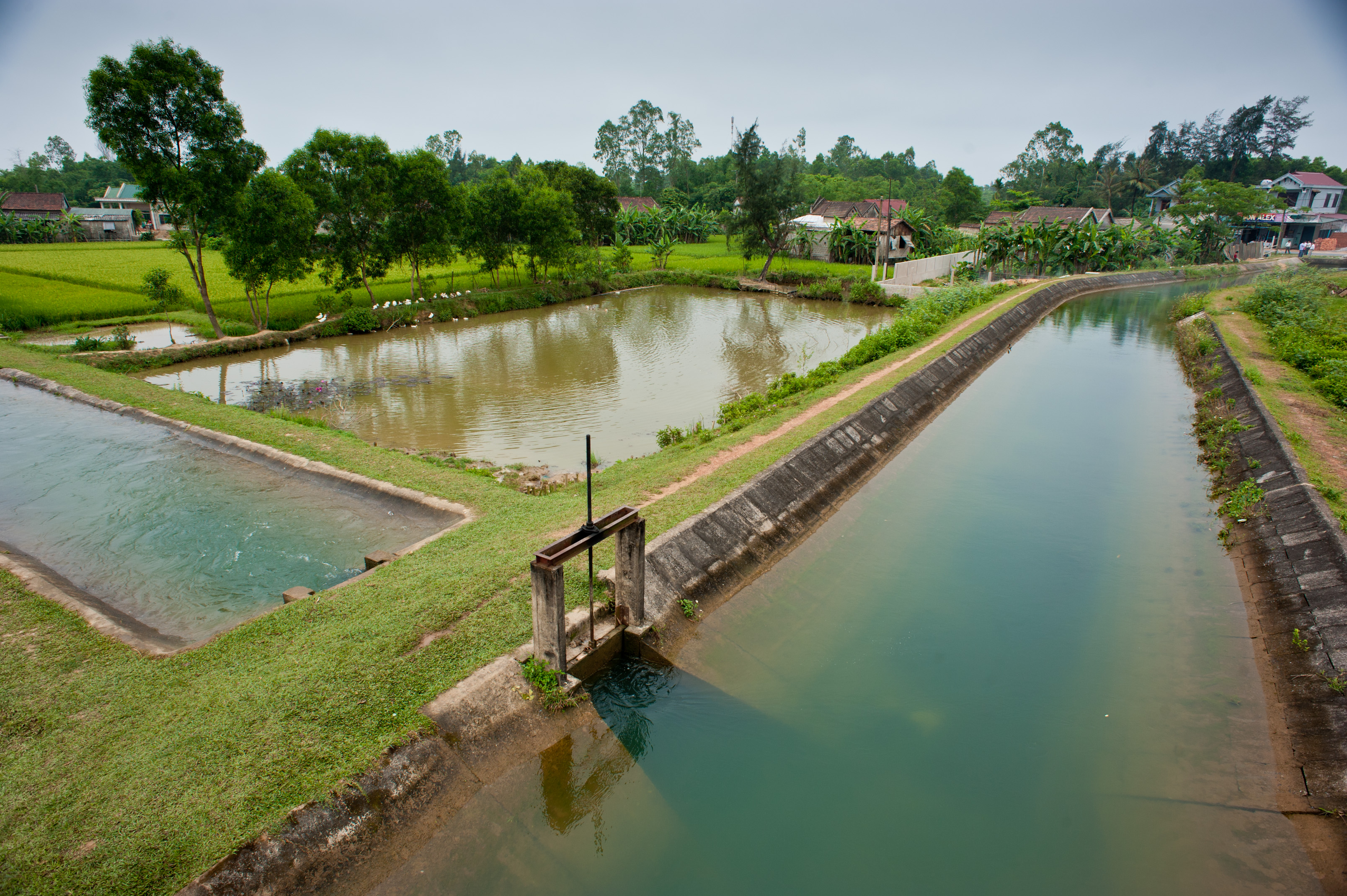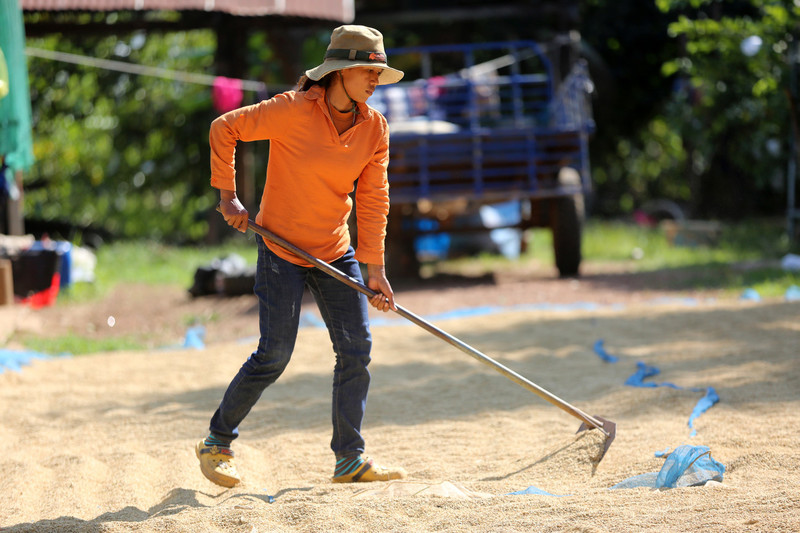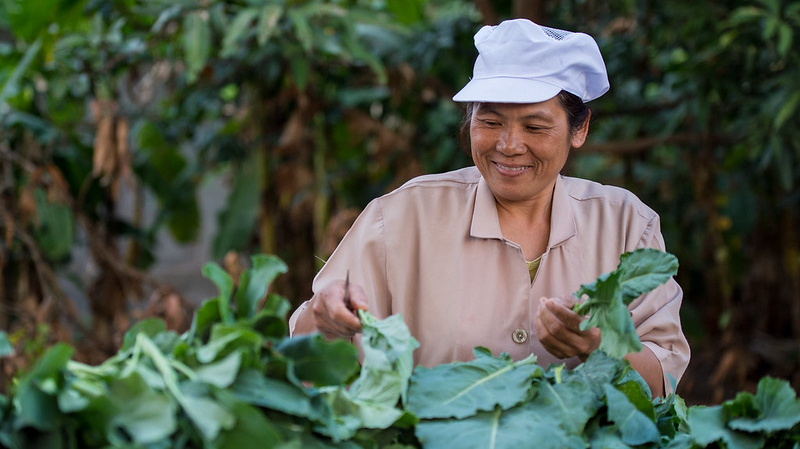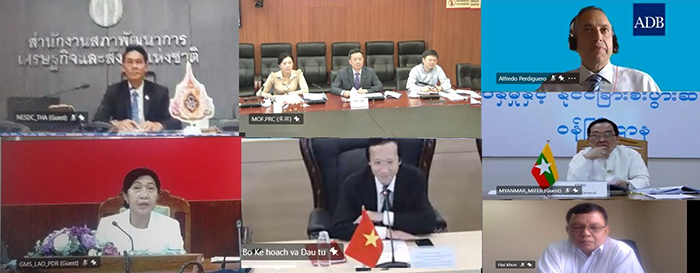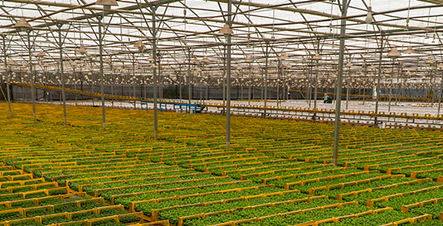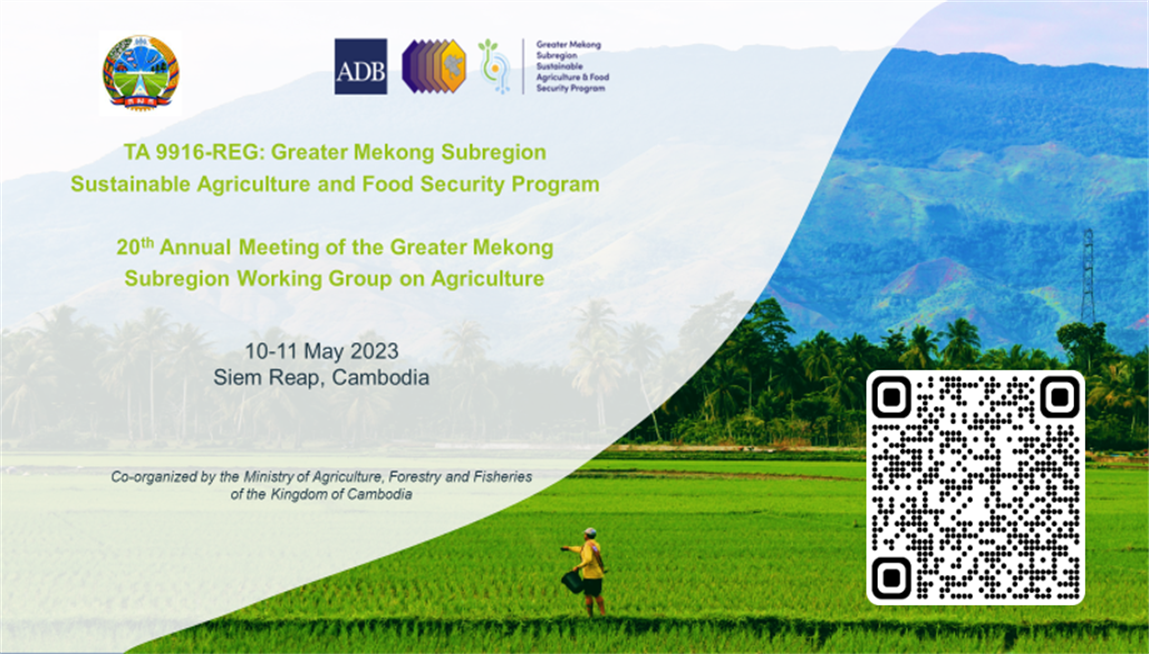
20th Annual Meeting of the Greater Mekong Subregion Working Group on Agriculture, 10-11 May 2023
20th Annual Meeting of the Greater Mekong Subregion Working Group on Agriculture
Agrifood value chains in the Greater Mekong Subregion (GMS), overall, proved to be resilient to global supply chain disruptions during the pandemic and have made a vital contribution to food security, and economic recovery. Many challenges, however, remain.

